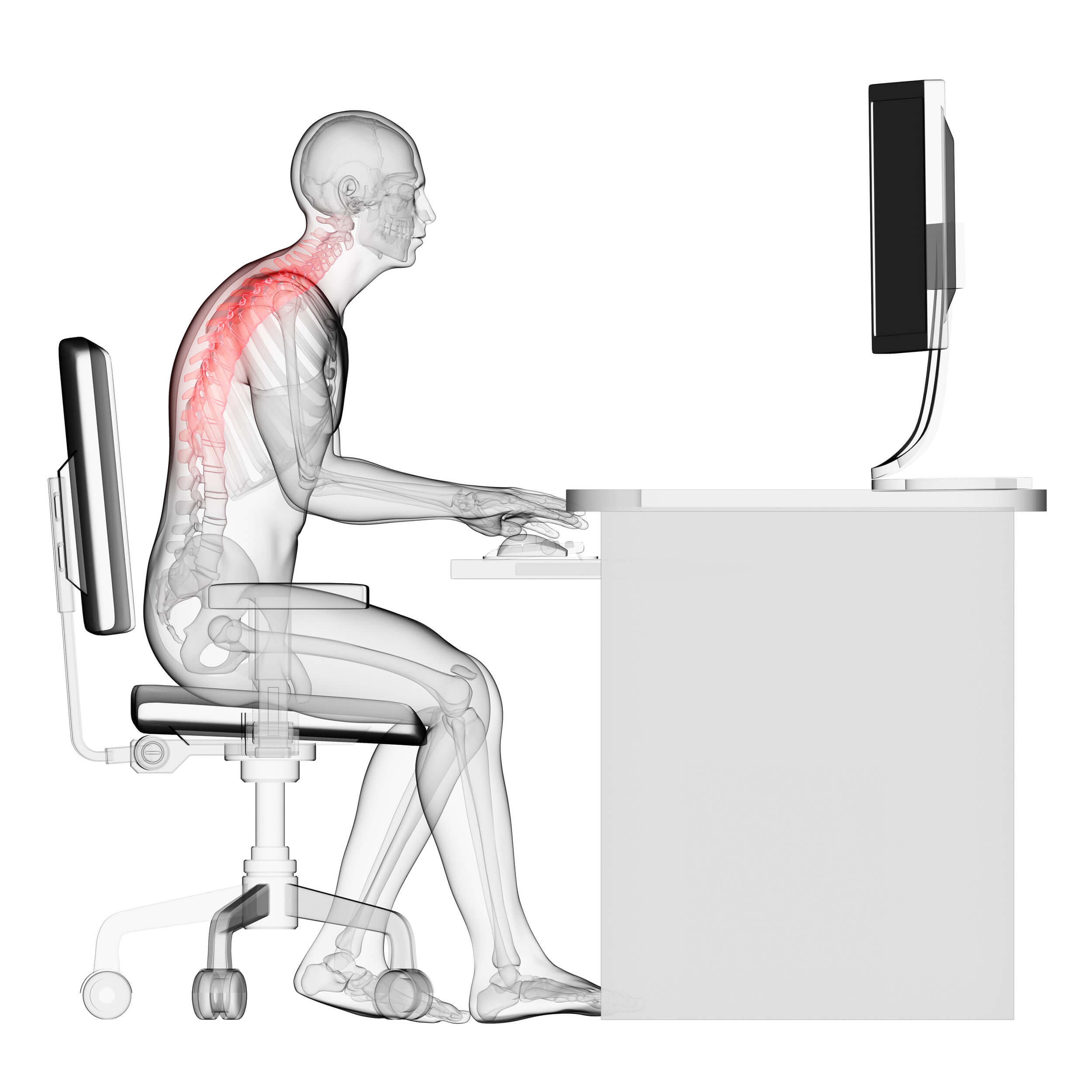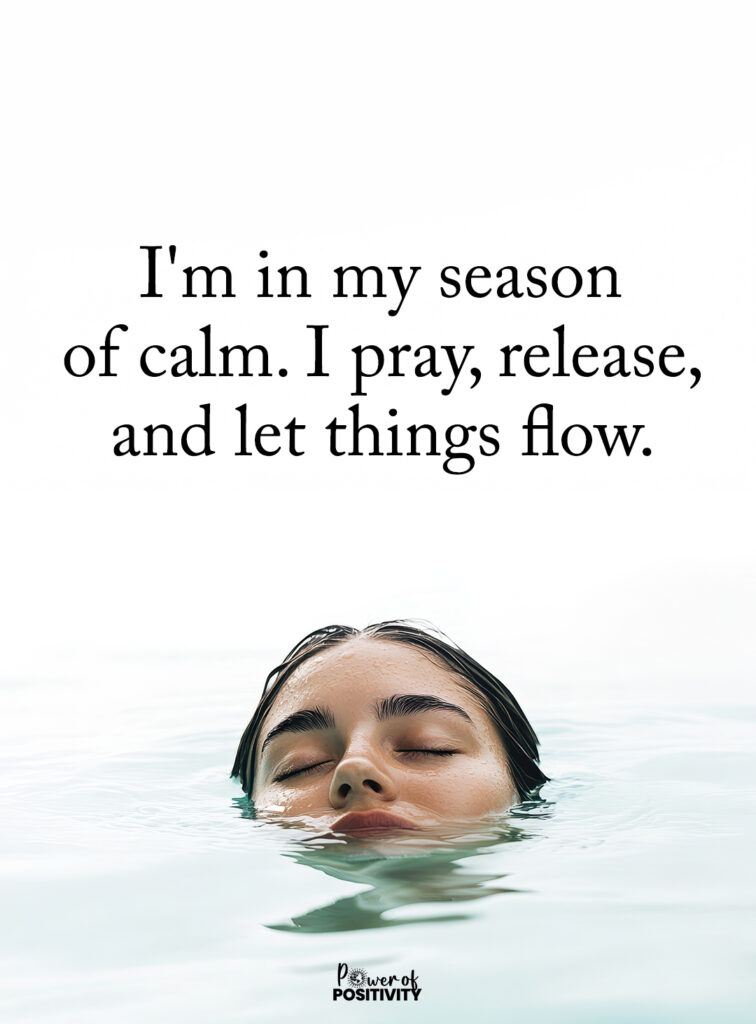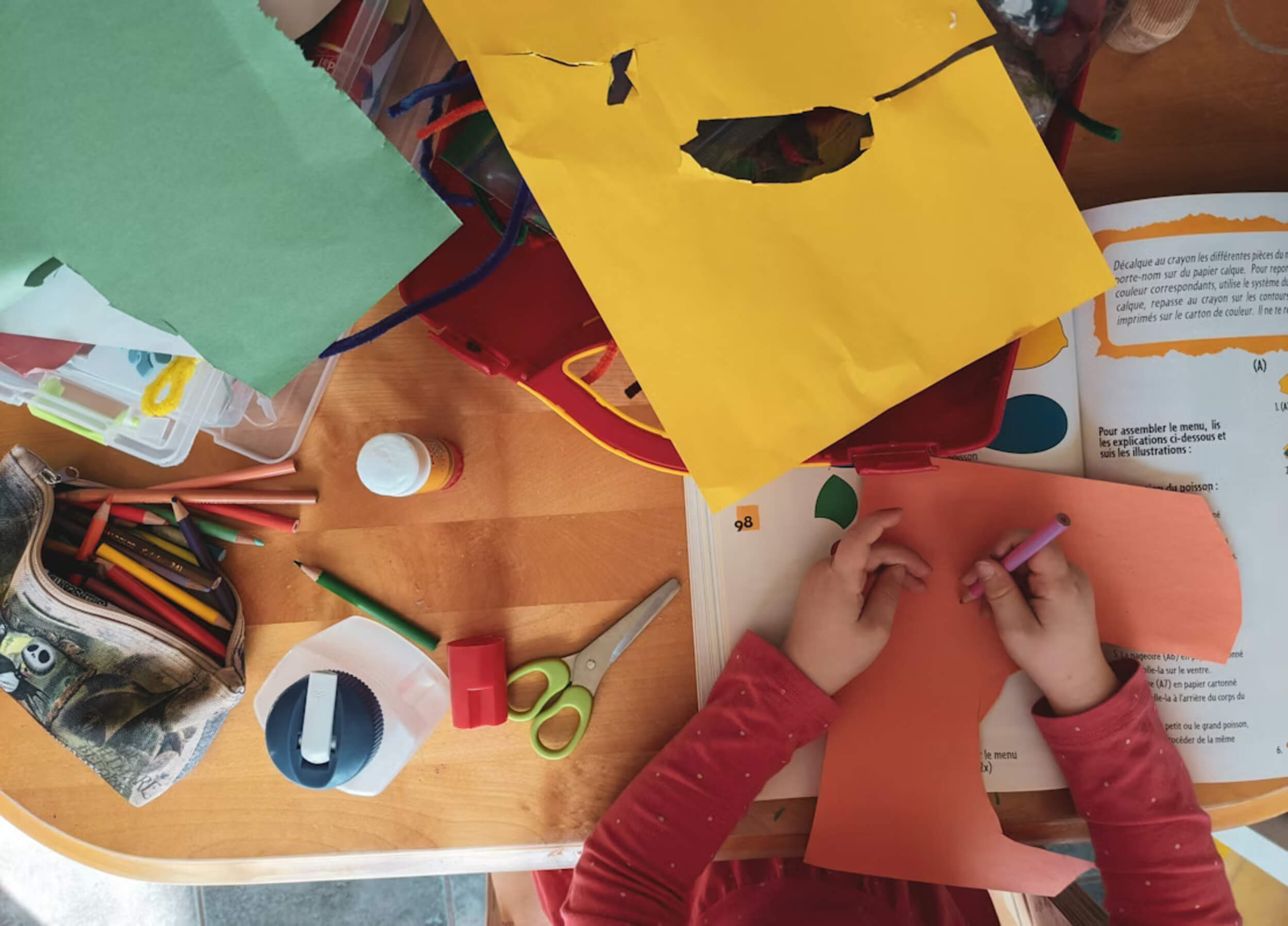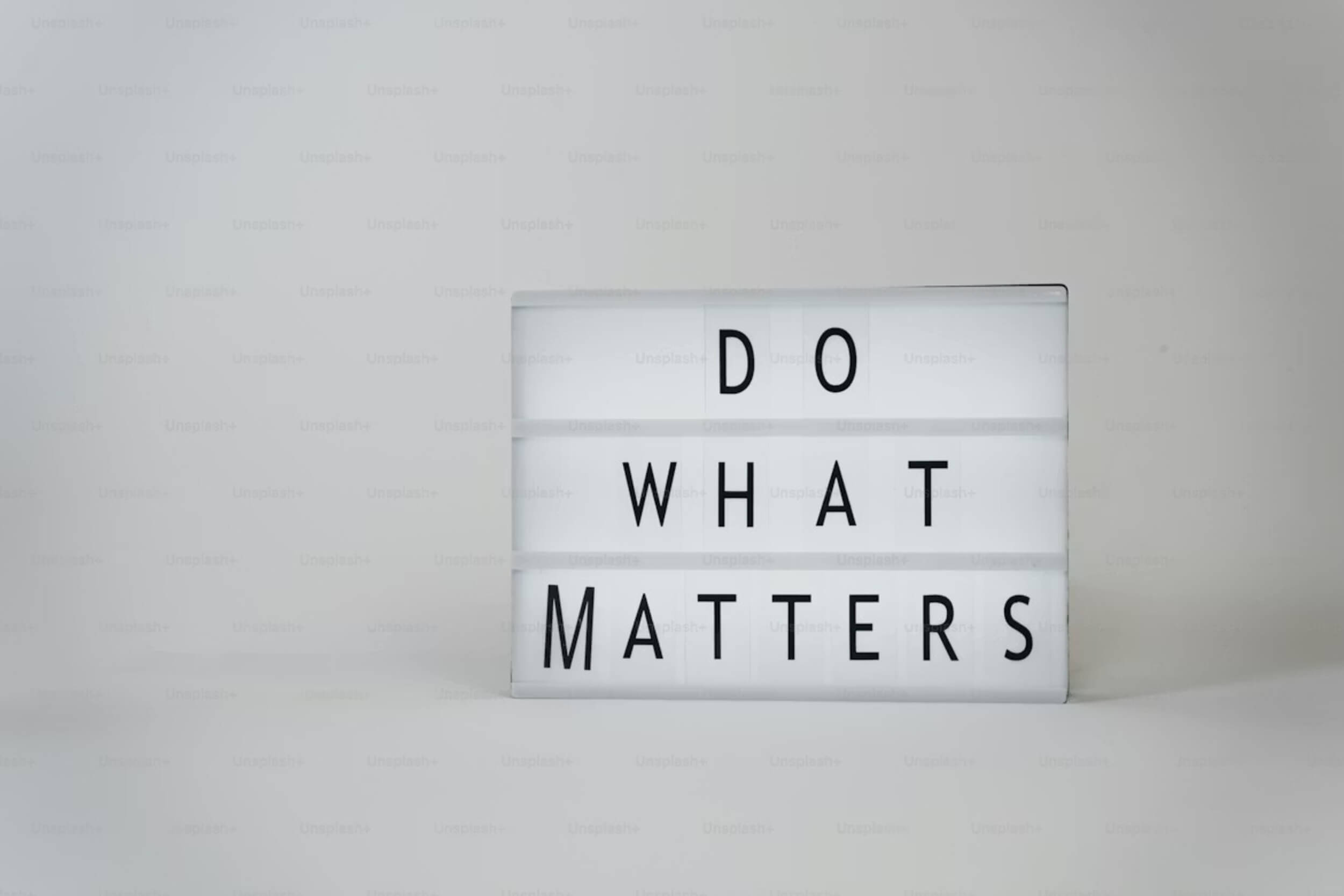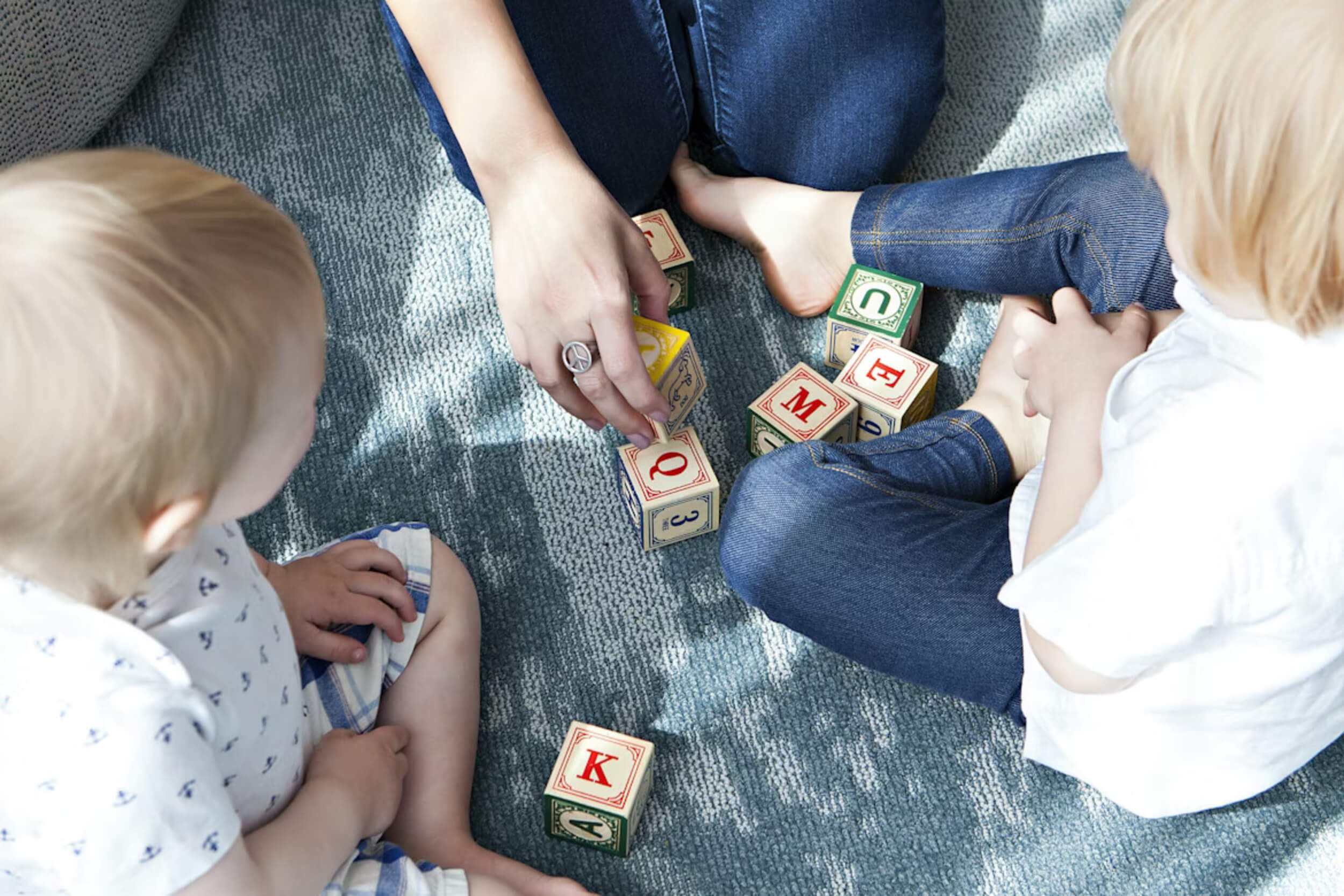There’s a moment when you’re scrolling, and suddenly you forget why you picked up your phone in the first place. One quick check turns into twenty minutes gone. You’re connected to everything—and still, something feels off.
Phones buzz, feeds refresh, and messages pile up. But even with all this contact, it’s getting harder to feel truly present. We stay busy online, but that doesn’t always mean we feel close to anyone—or even ourselves.
This brings up a real question: how do you stay human in a world that’s always online? Not just visible, not just updated—but honest, aware, and real. You don’t have to quit technology to stay human. You just have to make sure it doesn’t replace the parts of life that matter most.
The Illusion of Connection
Liking someone’s post isn’t the same as sitting across from them and hearing their voice. Online, it feels like we’re staying close—heart emojis, quick replies, and photo comments. But this kind of contact is easy to mistake for something deeper.
Being human in a world full of likes and shares can blur what connection really means. You might feel seen because someone reacted to your story, but not truly felt—not in the way that matters when you’re having a rough day.
Here are signs that the connection might just be surface-deep:
• You’re sharing more, but feeling lonelier
• Long threads of messages, but not one real conversation
• A photo gets 100 likes, but no one checks in when you go quiet
Digital contact doesn’t replace real emotional closeness. Being human in a world so focused on constant updates means stepping back and asking—are we connecting, or just keeping up appearances?
Filtered Realities and Fragmented Selves
Perfect photos don’t mean perfect days. Online, there’s pressure to post only the highlights—vacations, smiles, good lighting. Over time, that becomes the version of life people start to believe, even when it’s only one part of the full picture.
Trying to look good online can make us feel worse in real life. Being human in a world full of filters and edits means facing a new kind of stress: always needing to show your best self, even when you’re tired, sad, or just not feeling it.
Some quiet signs this might be affecting you:
• You second-guess what’s worth posting
• You compare your life to others and always feel behind
• You feel pressure to smile in pictures, even on hard days
A single post doesn’t tell your whole story. Being real, offline or online, means letting go of perfection and owning your full, unfiltered self.
The Cost of Constant Presence
Being reachable all the time doesn’t mean you’re truly present. It’s hard to focus when you’re jumping between a conversation, a text, and whatever just popped up on your screen.
That back-and-forth wears you down. You may not notice it right away, but the signs creep in:
• You’re mentally tired even when you haven’t done much
• Simple tasks feel harder than they should
• You keep zoning out while people are talking
Living as a human in a world that never pauses pulls your attention in too many directions. It affects how deeply you think, how well you listen, and how you show up for others.
Staying constantly “on” can also make you more impatient. Conversations feel shorter. Your responses feel rushed. You start missing the moments that really matter.
Here’s a truth we don’t say enough: being always online doesn’t equal being fully there. Slowing down might be the most human thing you can do.
Digital Numbness: When Feelings Don’t Come Through the Feed
Scrolling past a hundred posts in five minutes can wear your emotions thin. You see something sad, then something funny, then something shocking. It all blends together.
The more we scroll, the less we feel. That’s not because we don’t care—it’s because our minds aren’t built for this much noise. When everything feels urgent, it becomes harder to know what really matters.
These signs may show you’re going emotionally numb:
• You stop reacting to good or bad news
• You feel bored even with things you used to enjoy
• You forget what you just looked at five minutes ago
Being human in a world that feeds you constant content means learning when to step away. Not everything deserves your attention at once. Your emotions need space to land.
How Relationships Shift When Phones Are in the Room
Even a phone on the table—doing nothing—can change the way two people talk. It makes conversations shorter and less personal, even if no one’s touching it.
Real connection needs your full attention. Phones steal that, quietly. When we check our screens mid-convo, even for a second, it tells the other person: “This isn’t as important.”
You might notice these small shifts in relationships:
• Friends talk less about serious stuff
• You feel unseen even when you’re with someone
• There’s less eye contact, more screen glances
This behavior even has a name now—phubbing (snubbing someone with your phone). And yes, it adds up. Trust fades. Vulnerability shrinks.
Being human in a world full of distractions means choosing to be fully present. Sometimes, the most powerful thing you can do for a relationship is just put your phone out of sight.
The Danger of Mistaking Performance for Presence
Looking active online doesn’t mean you’re truly showing up. Most of the time, we post things to keep up, to be seen, to stay part of the conversation. But being present means more than being visible.
It’s easy to fall into the habit of sharing what looks good instead of what feels real. That’s where connection gets lost—when we trade honesty for attention. Being human in a world that celebrates constant posting can make real moments feel awkward or not “good enough” to share.
Here are signs that you’re performing instead of connecting:
• You think more about likes than about meaning
• You hold back your true thoughts to fit in
• You only share when things are going well
Vulnerability can feel risky, but it’s what builds real trust. Silence, awkward pauses, honest feelings—those are the things that let people see you, not just your highlight reel.
Practicing “Offline First” Living
Planning your day around real-life attention instead of screen time can change everything. Being human in a world that constantly calls for your focus takes intention. You don’t have to delete your apps—you just need to lead with what’s right in front of you.
Try these simple shifts to bring more presence into daily life:
• Keep your phone in another room while you eat
• Pick a regular time every day to stay off all screens
• Before you scroll, ask yourself: “What am I feeling right now?”
These habits help you reconnect with what’s happening now. Living offline first doesn’t mean going backwards. It means showing up fully—whether you’re working, resting, or spending time with someone.
Being human in a world that moves this fast means slowing down on purpose. Your focus is one of the most valuable things you have—protect it.
Rebuilding Real Human Connection (Without WiFi)
Eye contact says more than a dozen emojis. A real laugh shared face-to-face stays with you in ways a text never can. The more time we spend online, the more we forget how powerful the simple, human things are.
To rebuild connection, small changes matter:
• Look people in the eye when they talk
• Listen to understand, not just to reply
• Share something personal without needing to post it
• Let yourself enjoy moments without recording them
Being human in a world full of screens means choosing people over performance. Real connection doesn’t need perfect lighting or clever captions. It needs your attention, your care, and your real self.
The best stories you’ll tell aren’t the ones you posted—they’re the ones you lived through with someone else right there beside you.
Final Thoughts: You Are Not a Brand — You’re a Person
You’re not here to perform. You don’t need perfect photos, polished updates, or constant content to matter. Being human in a world that pushes you to “stay visible” doesn’t mean you have to treat your life like a product.
You’re allowed to be tired. Taking breaks is okay. Showing up just as you are—no filter, no pressure—is more than enough. The people who care about you don’t need a highlight reel. They need you.
Try asking real questions. Listen without checking your phone. Make space for quiet. And if something feels off, it’s okay to pause and ask what you need—not what will get the most attention.
Staying human in a world that’s always online isn’t about stepping away forever. It’s about remembering that your value doesn’t come from how many people see you—but from how present you are with yourself and the people who truly matter.



